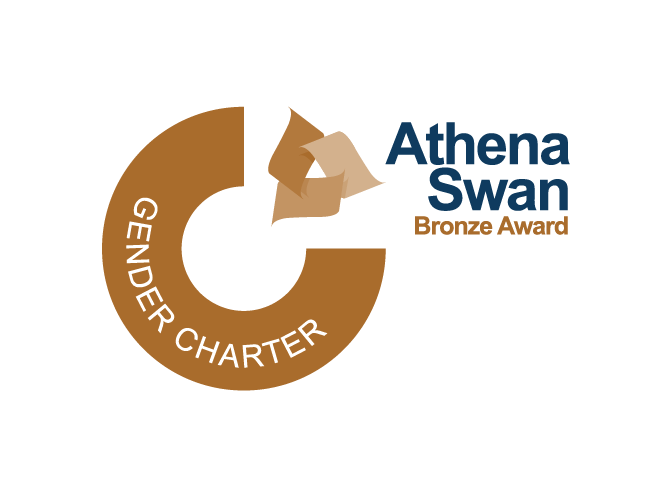The latest findings from Dr Ariel Lindorff and Professor Steve Strand OBE build on a decade of research into the attainment of EAL learners in England – a group that totalled 1.77 million as of 2023.
Dr Lindorff said: “We find that EAL learners arriving in Reception are able to “catch up” to their monolingual English-speaking peers by the end of Primary school based on key stage 2 assessment outcomes, on average, but those arriving after Reception do not. Similarly, EAL learners who arrive after year 5 are likely to have more difficulty “catching up” by the time they sit their GCSEs.
“This reinforces what we have found before, that is, for children who are new to English language when they join the school system, it takes six years on average to gain the proficiency they need to fully access the English-language curriculum.
“This evidence has important implications for education policy. The three years of national funding currently available to support EAL pupils’ learning of English is not enough to close the attainment gap for those who join school later. EAL funding needs to be better targeted to help pupils achieve academic proficiency in English and thrive in school.”
This latest and final analysis in the series reveals the extent to which many EAL pupils, especially those who join school later, are being left behind their peers.
The study also highlights the diversity within the group of learners recorded as having EAL status, and points to the importance of accurately assessing proficiency in English in order to understand – and offer targeted support for – individual EAL learners’ needs.
There is currently no statutory assessment of English language proficiency in England – unlike Scotland, Wales and Northern Ireland – and one of the recommendations emerging from this research is to reintroduce this statutory assessment.
This report was commissioned by The Bell Foundation and Unbound Philanthropy.
There will be a webinar on 26 November to explore the new evidence and what opportunities and challenges this presents for schools and teachers.











